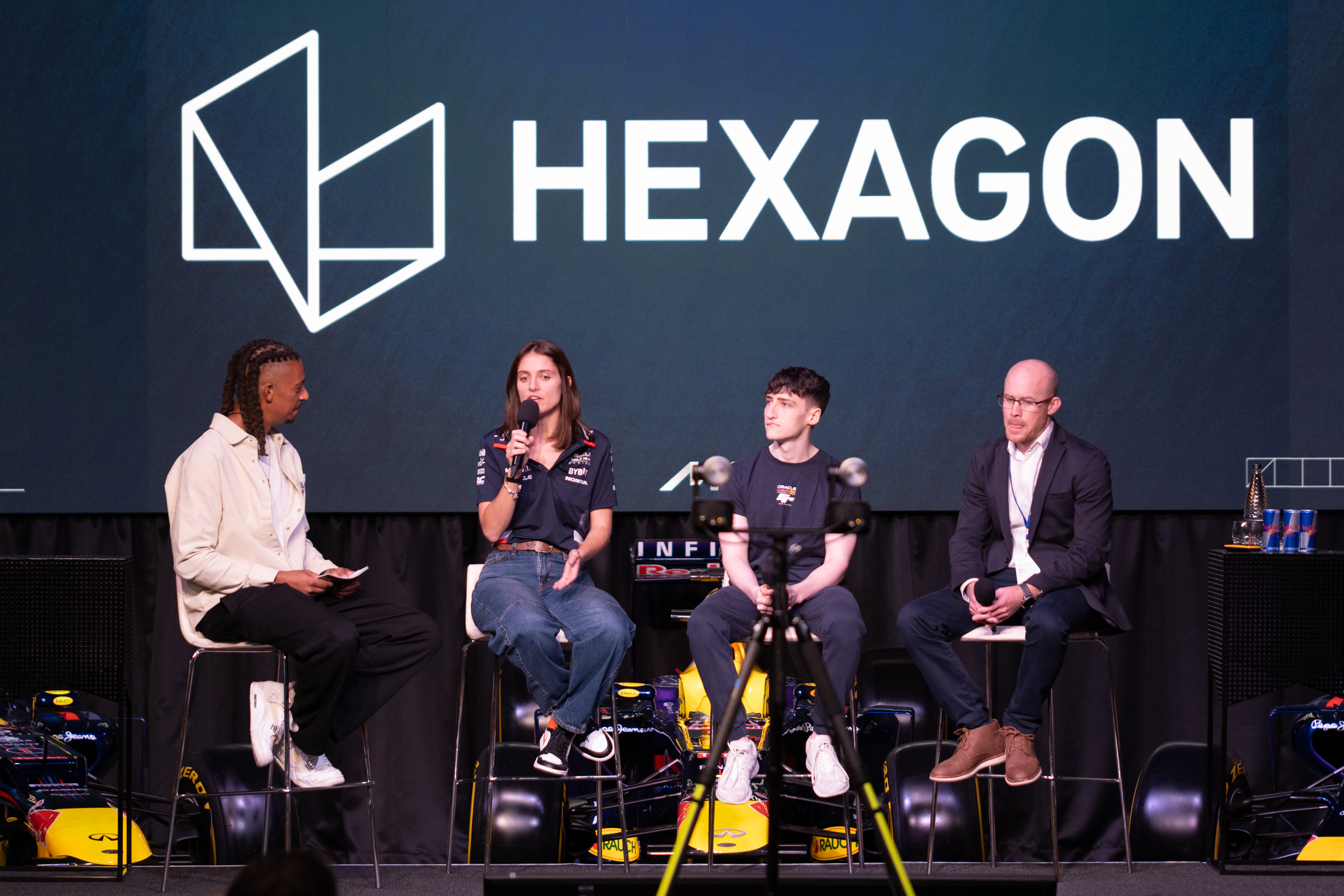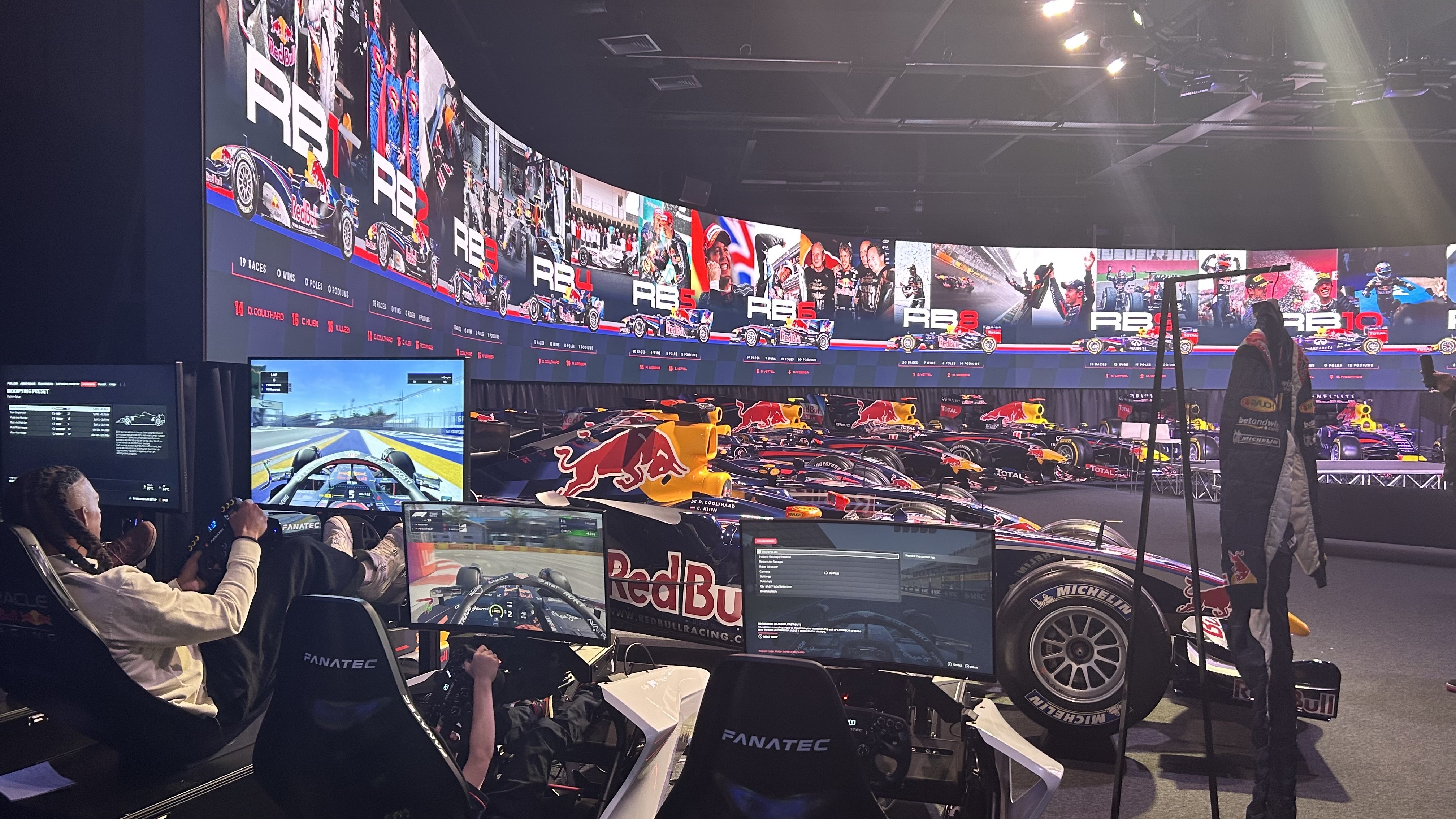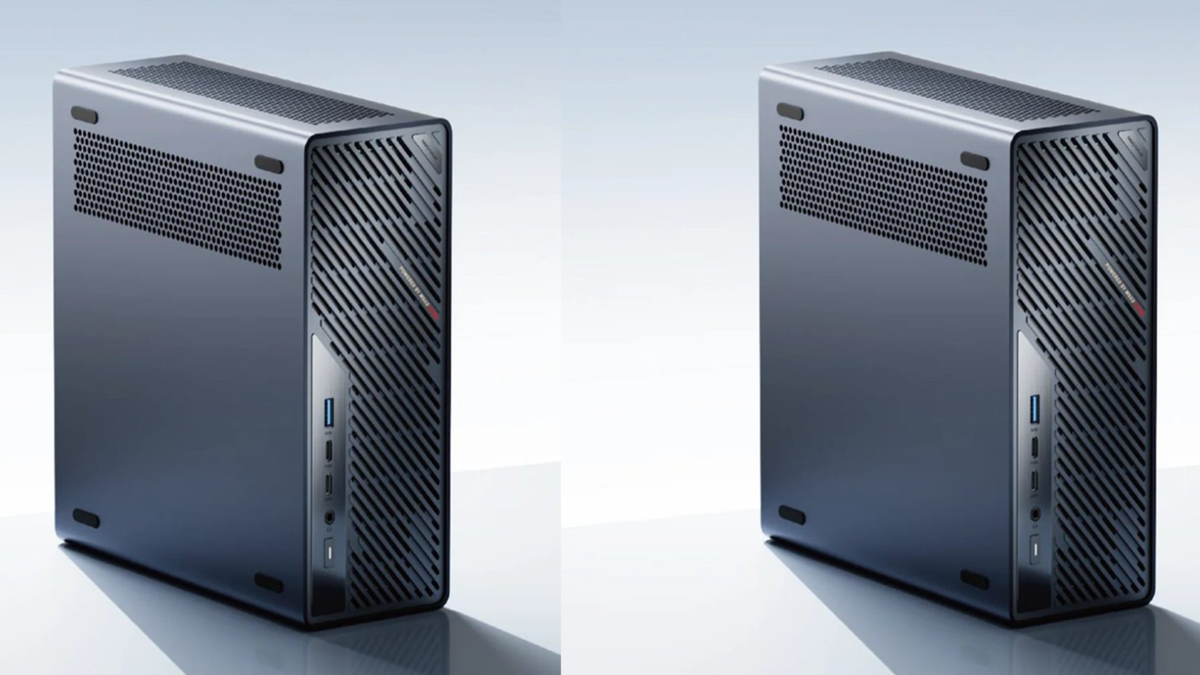Despite Formula 1 becoming an increasingly popular sport, even six-time Constructors’ Champions Oracle Red Bull Racing (ORBR) says it is quietly struggling to fill technical skills roles amidst a steady decline in the UK’s manufacturing industry.
Back in the 1990s, the manufacturing share of the UK’s GDP was around 17%, a healthy portion of industry with a steady stream of apprentices filling entry-level roles. Now though, apprenticeship rates have plummeted 66% since the pandemic, and the manufacturing industry sat at 9% in 2024.
To tackle this, Oracle Red Bull Racing is using its partnership with Hexagon to encourage young people to enter the manufacturing space and address the significant skills gap and introduce a new generation of talent into motorsport - and TechRadar Pro headed to Red Bull’s Milton Keynes HQ for the Hexagon Future Skills Challenge awards to find out more.
The competition
Hexagon’s Future Skills Challenge is a global competition with over 1,000 entries - and applicants are tested in an interactive quiz of rapid-fire questions and data-driven scenarios testing engineering problem-solving skills and esports instincts.
“The competition highlighted how manufacturing and engineering are being redefined, with tomorrow’s talent needing to pair technical expertise with agility, data literacy, and decision making – skills increasingly honed in digital arenas like esports as well as classrooms and apprenticeships,” Hexagon’s says.
The worldwide challenge is aimed at reaching a new audience and inspiring them to explore working in the industry that has traditionally been rigid and narrow.
This event showcases how these hybrid skills can translate directly into the digital manufacturing and engineering future - and hopes to encourage the larger industry to rethink the development and recognition of skills as they look to close the talent gap.

Skills shortage
The world of work is changing, and as apprenticeships become a less popular choice amongst young people, a skills gap has appeared - especially in manufacturing and engineering.
“It is a challenge across the industry, across the supply chains, all the way from the volumes down to your small to big size manufacturers,” explains Jason Walker, VP of General Manufacturing at Hexagon. ”Not only do you need the generic or specialized engineering skills that are in the industry, you need to be able to develop that ground up.”
To illustrate the impact these shortages are having on manufacturing capacity and efficiency, Sophia Heath, Red Bull’s Technical Recruitment Engineer gives an example;
“For Formula 1, electrical wiring harnesses are made very differently, even from the aerospace environment. What we're doing with that technology is very different. It's not groundbreaking, but it is very different to automotive, aerospace, or anything like that.”
This is one of the areas they’ve struggled to recruit for, since the technology is so specialised that even those with electrical engineering experience are unfamiliar with the tech.
“I think that's some place where we will start to struggle, especially with making all the cars. There's more electronics on that and that’s a big gap, just because it's so niche.”
Training technology
This is where Hexagon’s machine technology is so helpful. Its HxGN machine, for example, utilizes digital twinning technology to help train users on machines without running the risks of damage if a mistake is made;
“So where machine training comes in it essentially provides a safer environment for these new entities to upskill and train,” says Walker.
“It's no longer the case that SAP has to dedicate actual production machines, which have risks associated with them because if the machinist breaks something or in the path of their training they crash the machine, that's going to be costly, it's also going to take production equipment out of the out of the question. That's where this type of technology has a real impact.”
This enables the upskilling of workers without the need for constant supervision, or the exposure to potentially serious and costly consequences if the heavy machinery is misused - as well as reducing liability for the organization.
“It is an industry-wide effort to educate young people on the exciting world of modern engineering and manufacturing,” Heath explains.
“We need to explain and showcase how they can develop these virtual capabilities into rewarding and innovative engineering professions. This unlocks a whole new talent pool, which can help close the skills gap and prepare for the future of high-tech engineering and manufacturing.”










 English (US) ·
English (US) ·